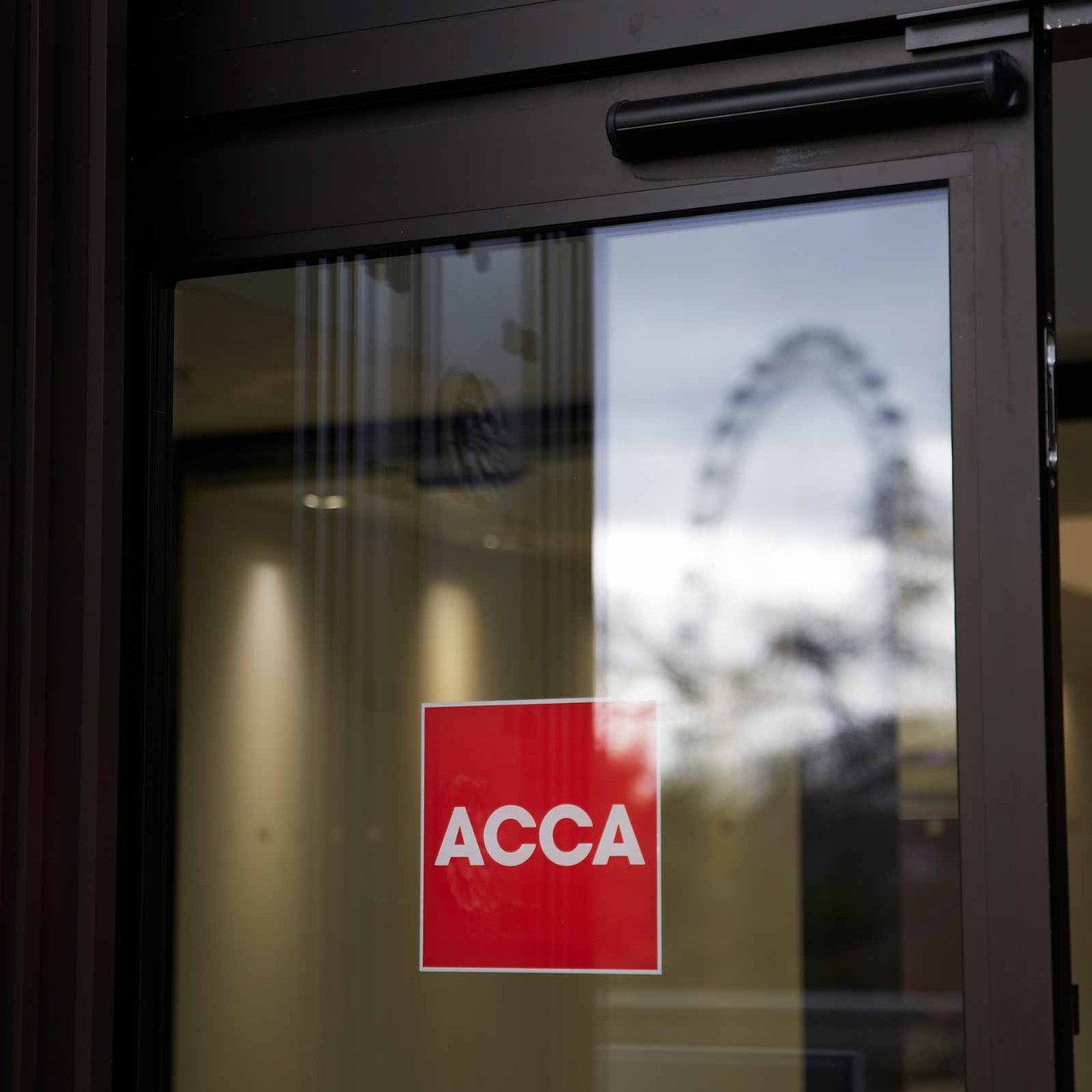
Investor enthusiasm has been swift and fulsome for recent publications from accounting standards-setters the International Accounting Standards Board (IASB) and the International Auditing and Assurance Standards Board (IAASB) on climate-related risk in financial reporting.
Statements from investment manager BlackRock, the Institutional Investors Group on Climate Change (IIGCC), and senior members of the UN-supported investor network Principles for Responsible Investment (PRI), among others, reaffirm the materiality of climate risk for investment decision-making. Each sets out in some detail their expectations for audited financial statements, and for the roles they expect management and company auditors to play in delivering the required disclosures.
But will investors be disappointed? In particular, will the audit profession fulfil the role that investors believe they should play?
Listening to investors
There are some grounds for optimism. The audit profession is clearly listening to investors’ demands. As Michelle Hinchliffe, UK chair of audit at KPMG, candidly observes: ‘We don’t refer to the companies we audit as our clients. Our clients are the investors, and that’s quite a change. So our focus is on what is material to them.
‘Climate is important to investors, so it’s important to auditors as well. And that’s not just the front-end climate disclosures. It’s also the asset values and disclosures in the back of the accounts.’
This sentiment appears to be shared across the profession. A public letter by the Global Public Policy Committee (GPPC – the global forum of representatives from the six largest accounting networks) declared: ‘While management and those charged with governance have the primary responsibility for the [climate-related] judgments, estimates and disclosures in the annual report and financial statements, the GPPC networks are committed to playing our part.’
What are firms doing?
But what have the audit firms been doing behind the scenes to ensure that climate is reflected appropriately in audited financial statements? What challenges have they encountered along the way? And will it be enough to keep investors happy?
In many ways, climate is just the latest in a long line of risks that auditors need to consider in auditing financial statements. Factoring business risk into accounts is their stock-in-trade. Adding climate risk to the roster is in some respects just business as usual.
Indeed, the staff practice note issued by the IAASB last year basically said just that. The auditing standards needed for auditing climate risk are already in place. It’s just a question of implementation.
And yet, in some very significant ways, this is anything but business as usual. Incorporating climate risk into audited financial statements poses a myriad of unusual challenges.
The challenges
Take training. While there can be few people left on this planet who are not aware of the dire consequences that climate change may bring, the implications of this risk for many individual businesses remain unclear.
Unlike many risk areas that businesses face, training in this area often has to go back to basics. As David Barnes, regulatory and public policy leader at Deloitte, says: ‘This is a business issue. The starting point is increasing awareness and education about climate change, both with our own teams and the companies we audit.’
Then comes the thorny challenge of putting theory into practice. Firms have been changing audit methodology – including, in a number of cases, providing sector-specific guidance – to help audit teams determine whether management has appropriately reflected climate risk in the accounts. But that judgment call can be extremely difficult.
Why is this? To begin with, there is the knowledge necessary to audit this area of risk. ‘Our teams are driven by the science,’ explains Hinchliffe. ‘That means having sufficiently qualified people to help our audit colleagues interpret the science, to say if something makes sense, and then help us to challenge management’s assessments of the impact of climate on asset values. This will evolve as we recruit more specialists.’
Data and the big unknowns
And then there is the data. ‘The reporting processes that companies use to capture relevant climate-related information accurately and completely are relatively immature compared with traditional financial reporting,’ says Paolo Taurae, national stakeholder assurance leader, PwC. ‘Then there is the issue of consistency. We’re seeing more reporting on climate-related matters, but it’s not always joined up. The financial statements need to be consistent with statements or commitments reported elsewhere.’
And it’s not just the inadequacy of internal data that is challenging auditors. ‘To challenge estimates, there are a range of external credible sources of data,’ Taurae explains, ‘but this is still an area that is evolving. Over time, we’ll need consensus in the market in order to get reasonable estimates. In the meantime, we’re using the data that we have available to us.’
As if that were not enough to contend with, there are the big unknowns. What will the impact of climate change be on specific regions and ecosystems? How will regulators respond? As recent events in the US demonstrate, governments’ climate policy can swing from one path to another overnight.
Barnes says: ‘It’s very difficult to know what actions government will take and when. Various governments have set out targets for 2030 or 2050 or 2060. But trying to work out how that translates into the assumptions and numbers in the financial statements is not easy.’
Too soon?
Do these sizeable challenges mean that investors are destined to be disappointed by climate disclosures in this year’s annual reports? Barnes acknowledges the possibility.
‘Though it varies by industry and by company, in general the business community has made great strides in the awareness and understanding of climate. But there’s a potential gap between awareness and what that means in practice, in terms of potential write-downs, etc. This will take time. It’s not like flicking a switch from off to on over a single year-end. This is a journey, but we recognise the need for urgency.’
But there is a way to mitigate the risk of leaving shareholders feeling frustrated and ignored – and that is through honest and open disclosure by both companies and their auditors. ‘If people can get greater transparency around the assumptions, then people can start to have a dialogue,’ says Barnes.
‘The fact that we don’t have perfect information should not be a barrier,’ Hinchliffe says. ‘If we don’t have the information, then let’s say in our audit reports what we do have, and the basis on which the accounts are being prepared.’
Reporting on climate is going to be a long journey with many twists and turns along the way. Recent announcements by the Sustainability Accounting Standards Board (SASB) and the IASB suggest a trend to consolidate or standardise reporting frameworks, which will help.
Regulatory action will also drive change. The EU’s requirement to report using the Task Force on Climate-related Financial Disclosures (TCFD) framework is likely to provide focus to management’s climate disclosures as they articulate more clearly how climate will affect their business model. This, in turn, will help auditors to assess the adequacy of management disclosures and the consistency between the front and back end of a report.
But none of this will happen overnight. Let’s hope that someone has remembered to explain that to the investment community.
For more information
See this video by Accounting for Sustainability (A4S) on what investors want from climate disclosure and how they use the information




